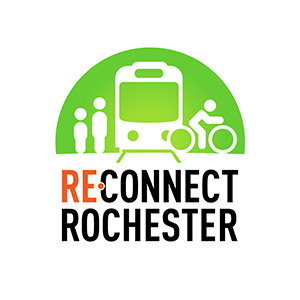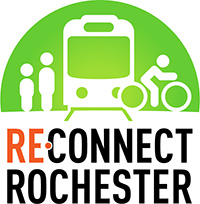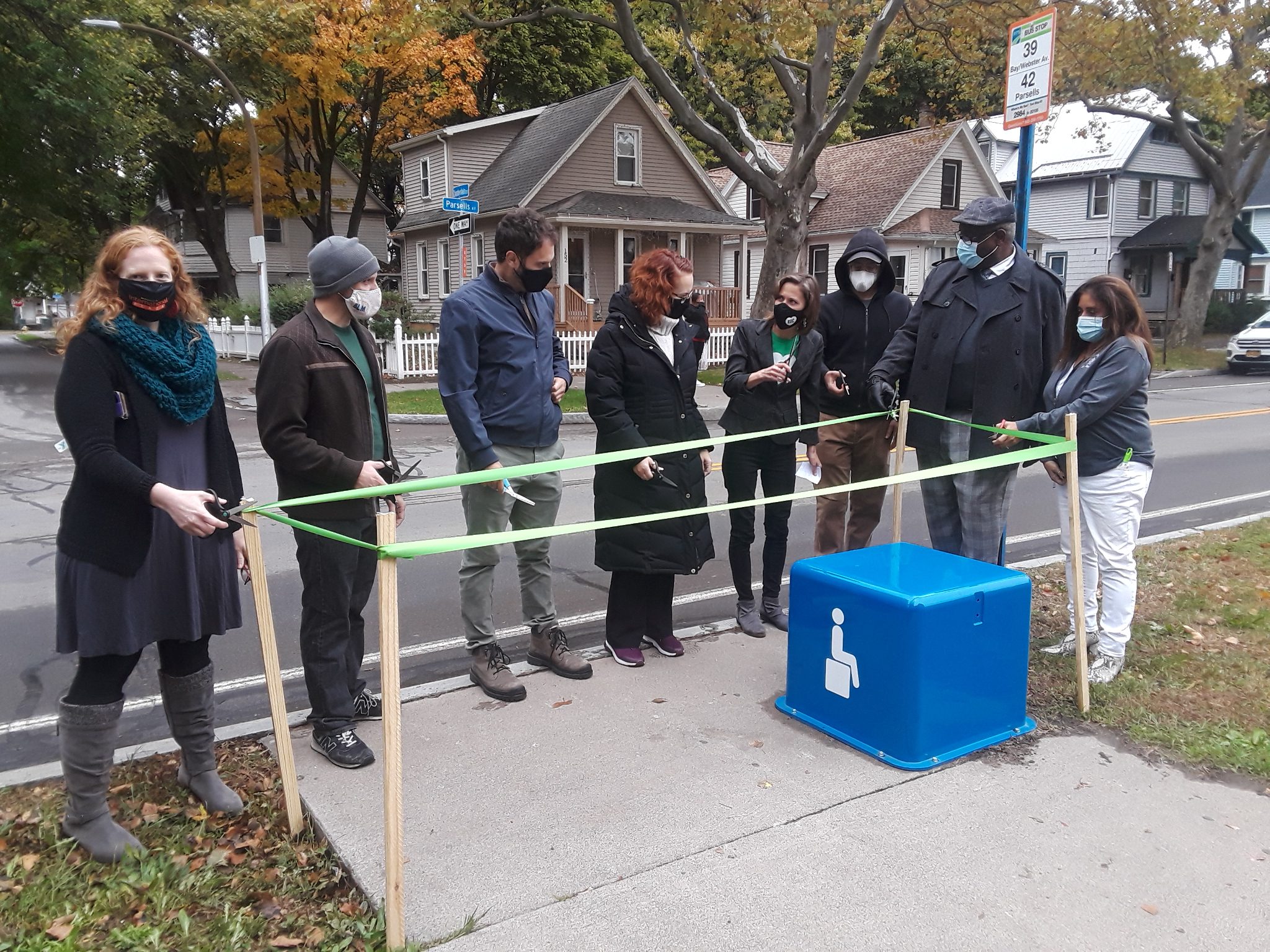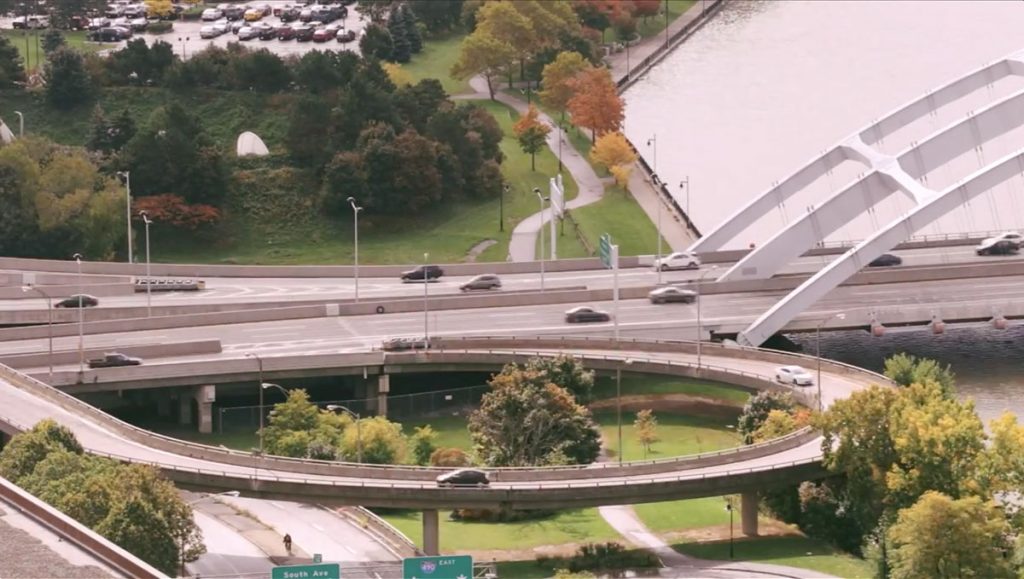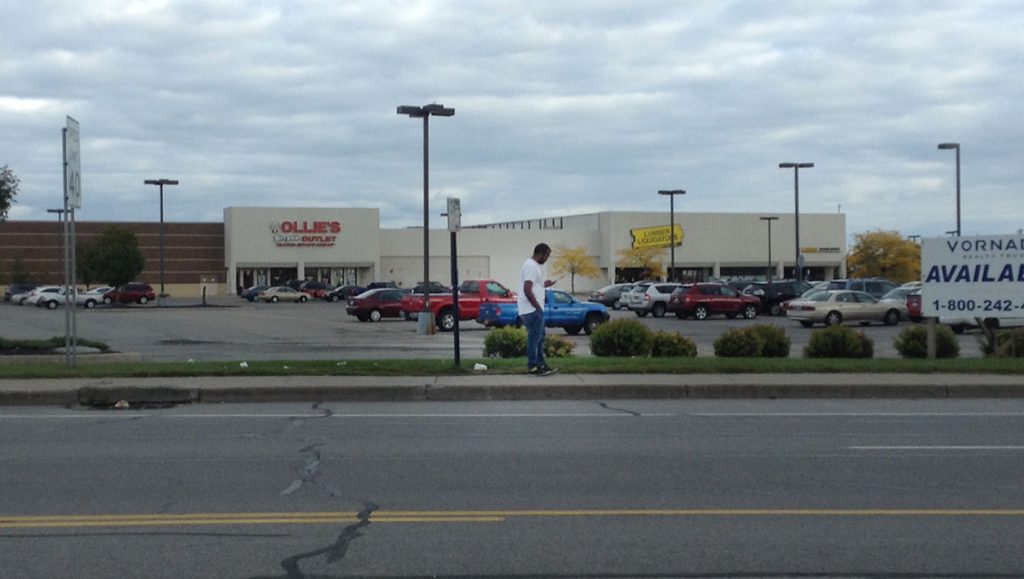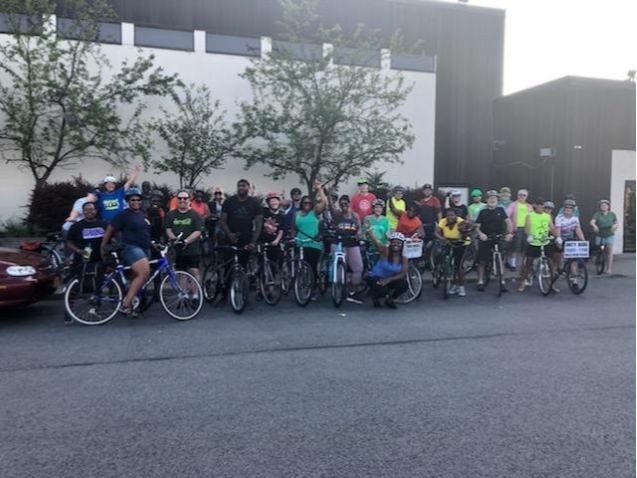2020 has been a year like no other.
Like every non-profit, the pandemic forced Reconnect Rochester to pivot fast to re-tool our planned programs and goals for the year. Luckily, we are small (but mighty), and nothing if not nimble. Despite all the challenges, we managed to move our mission forward with intensity. Check out (below) the “Top 10” list of accomplishments we’re most proud of in 2020.
We also faced financial uncertainty this year as prospects for grants and sponsorships dissipated. You know what got us through? The generosity of supporting members during our last membership drive, especially our sustaining members whose monthly donations proved to be extra crucial this year.
If you haven’t already, we hope you’ll take a look at the membership levels and gift options and make a donation toward our 2021 Membership Drive so we can hit the ground rolling in 2021!
TOP 10 THINGS WE’RE MOST PROUD OF IN 2020
(In no particular order of importance.)
#10
Releasing a new original short film titled Think Transit First to highlight transportation as a systemic equity issue in our community, and the innovative ways some local organizations are meeting transportation needs. The film premiered at our Nov 12 Rochester Street Films event, which also included a presentation of local statistics and a panel discussion. Please watch and share this important film!
#9
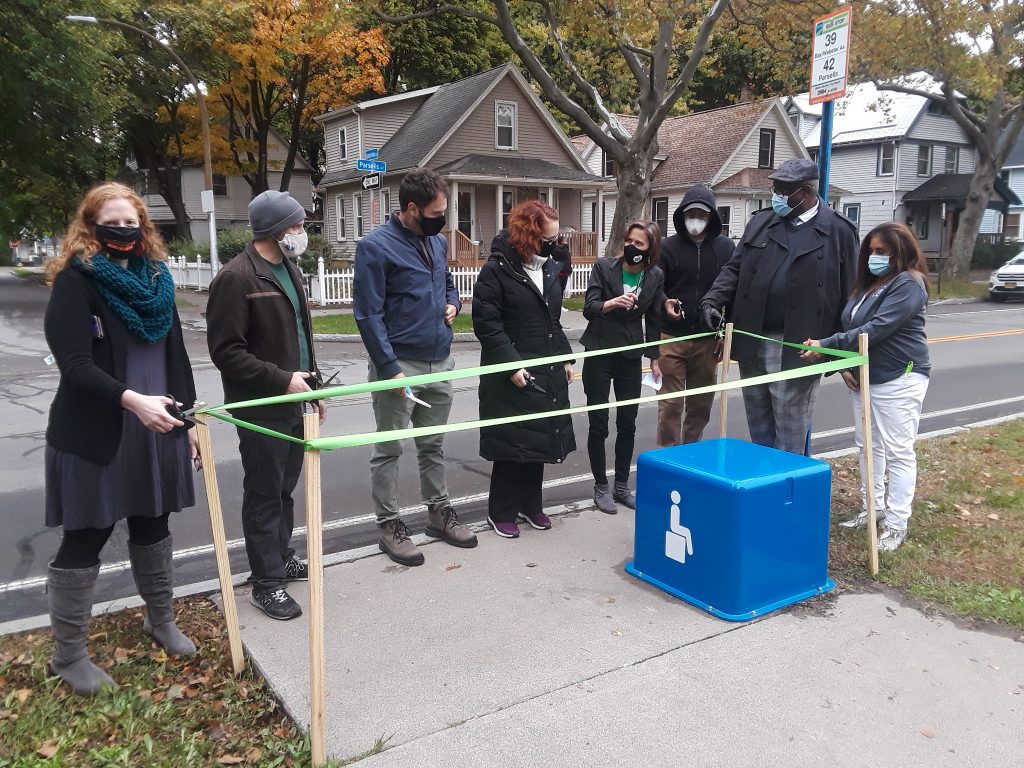
Installing 15 fiberglass bus stop cubes on Parsells, Lyell & Monroe Avenues to give RTS riders a respectable place to sit while they wait, and celebrated at a ribbon cutting event with City officials and project partners. Check out the Channel 8 news story and more photos of the ribbon cutting event.
#8
Hosting a 3-hour virtual Complete Streets Training attended by 60 local public officials, planners, engineers and advocates. Justin Booth of GObike Buffalo led a discussion about the benefits of active mobility and complete streets, and how we can make our roads safe for people of all ages and abilities.
#7
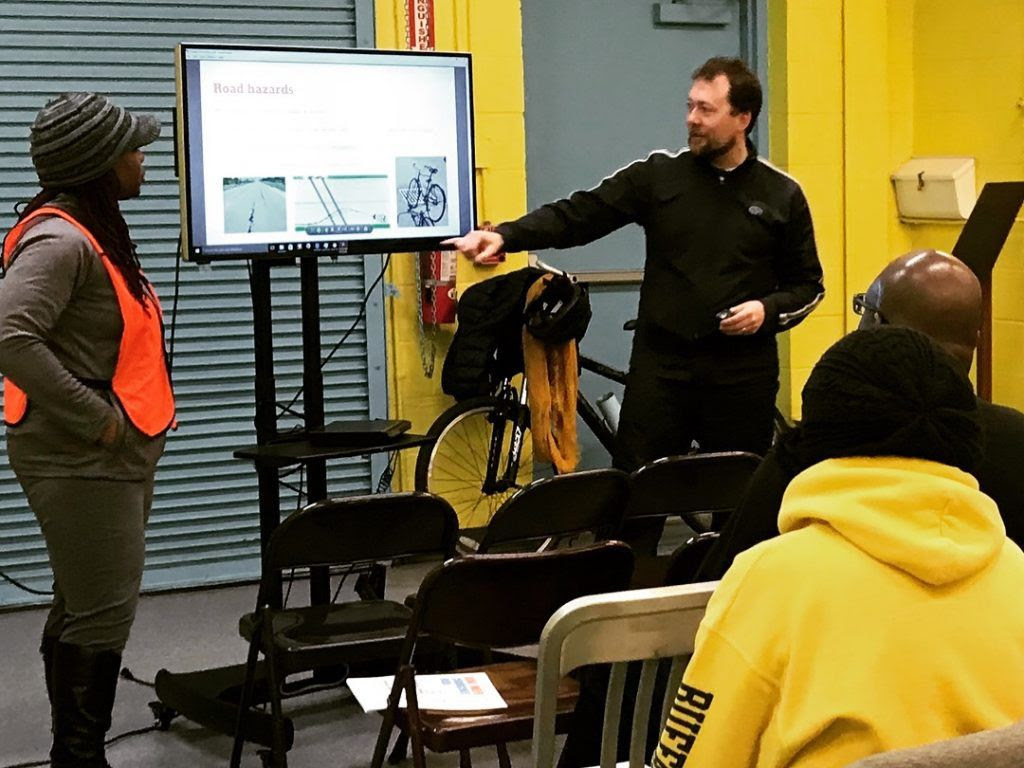
Rolling out a set of bike education offerings to encourage more people in our community to experience the health and financial benefits of biking to get around, and deliver the information they need to do so safely and comfortably.
p.s. Find out more about classes & presentations you can bring to your workplace, campus, community library or schools.
#6
Joining forces with Rochester Cycling Alliance to weigh in on an untold number of transportation plans and projects, like the Priority Bicycle Boulevards plan, GTC’s Long Range Transportation Plan, and infrastructure projects all over the City and County. Our favorite win this year was a final design for E. Main Street that includes dedicated bike lanes, a result of working alongside neighborhood partners to advocate for a street design that accommodates ALL users.
#5
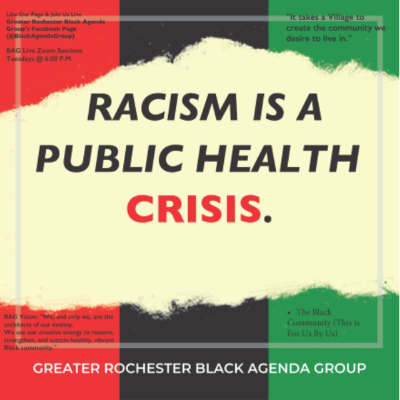
Publicly expressing our solidarity with the movement toward racial justice in our community by signing on to the community statement that Racism is a Public Health Crisis. We also committed to reflect and actively work on holding ourselves accountable for living up to our professed values of equity and inclusion, and centering anti-racism in our work.
#4
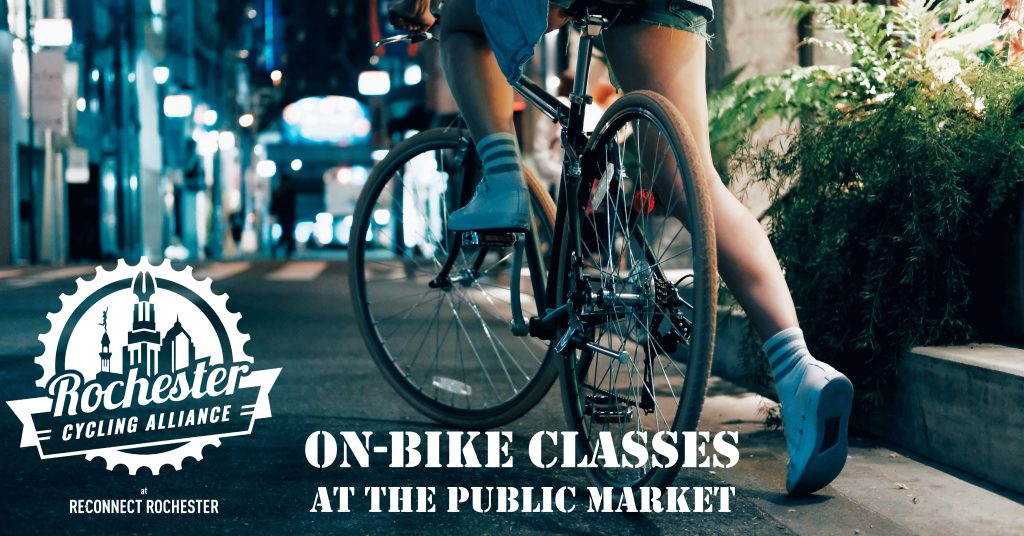
Exponentially expanding cycling focused programs and outreach led by the Rochester Cycling Alliance during the first full year of our organizations coming together. A film screening and panel discussion of the Dutch film Why We Cycle, a virtual update on the City’s bike infrastructure, on-bike classes at the Rochester Public market, a bike law refresher video for Rochester Police Department officers, and many more accomplishments too numerous to name.
#3
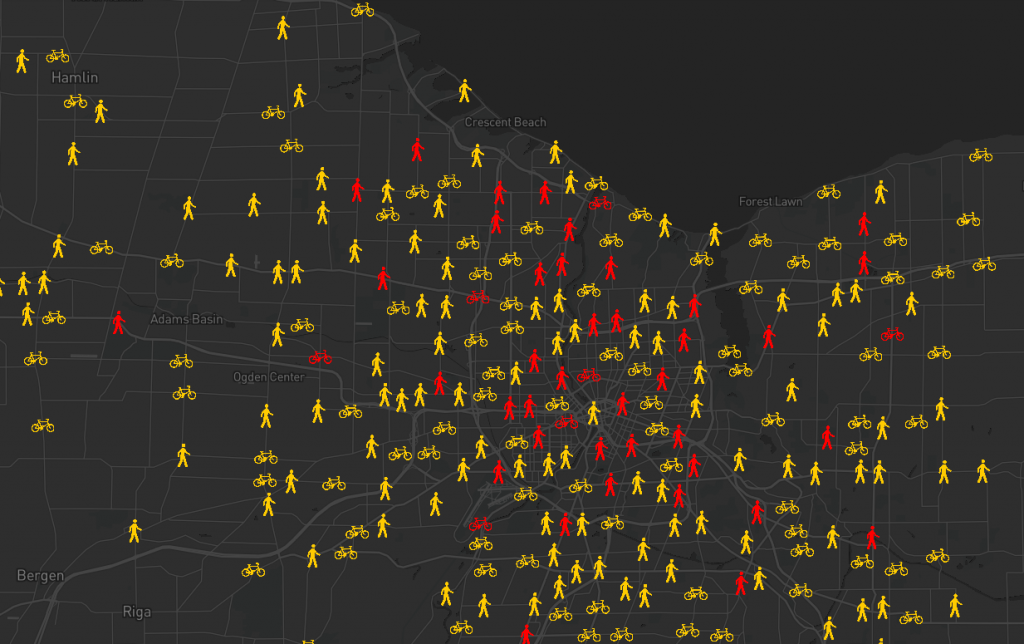
Getting our Monroe County Crash Map (which had crashed) updated on our website with a fresh new design! The map is a resource for looking up crashes that involve pedestrians and cyclists, and serves as a tool for local advocacy efforts around safe streets in our community.
#2
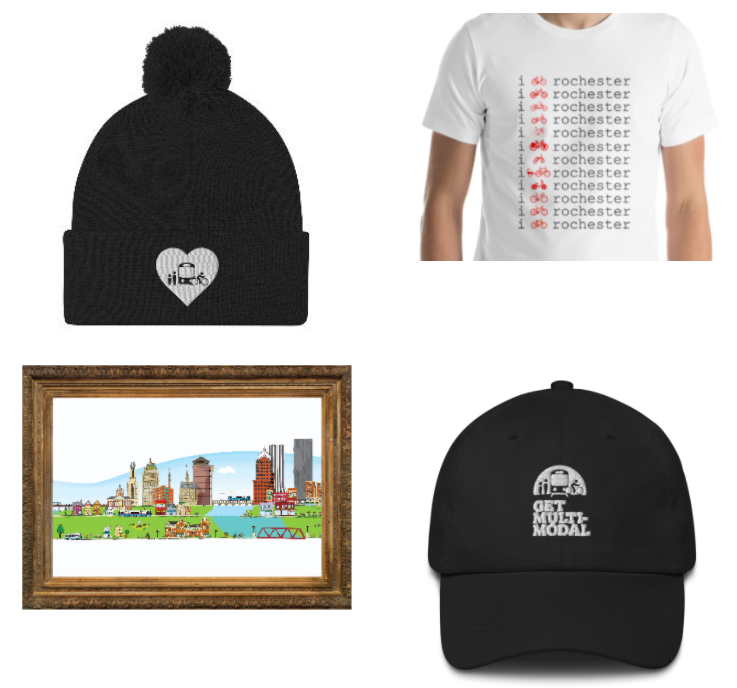
Adding new multi-modal themed products and designs to our online shop. All sales and proceeds are reinvested to support our work in the community.
p.s. Several new products are available as membership gifts!
#1
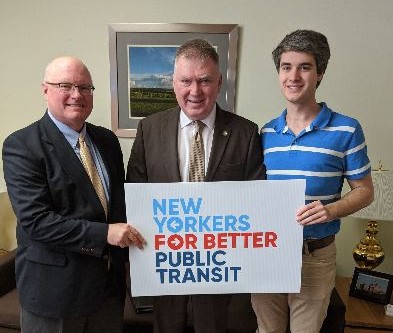
Traveling to Albany to meet with local legislators and advocate for a legislative platform to improve transportation in our region, developed in partnership with Our Streets Transit Coalition member organizations.
…and that doesn’t even count the ways we spark community engagement and conversation every day through social media shares and blog posts about things like the survival of public transit, the benefits of reduced motor traffic, or the automobile and racial exclusivity.
We think that’s a pretty darn good Top 10 list for a disrupted kind of year.
Just imagine what we can do in 2021!
